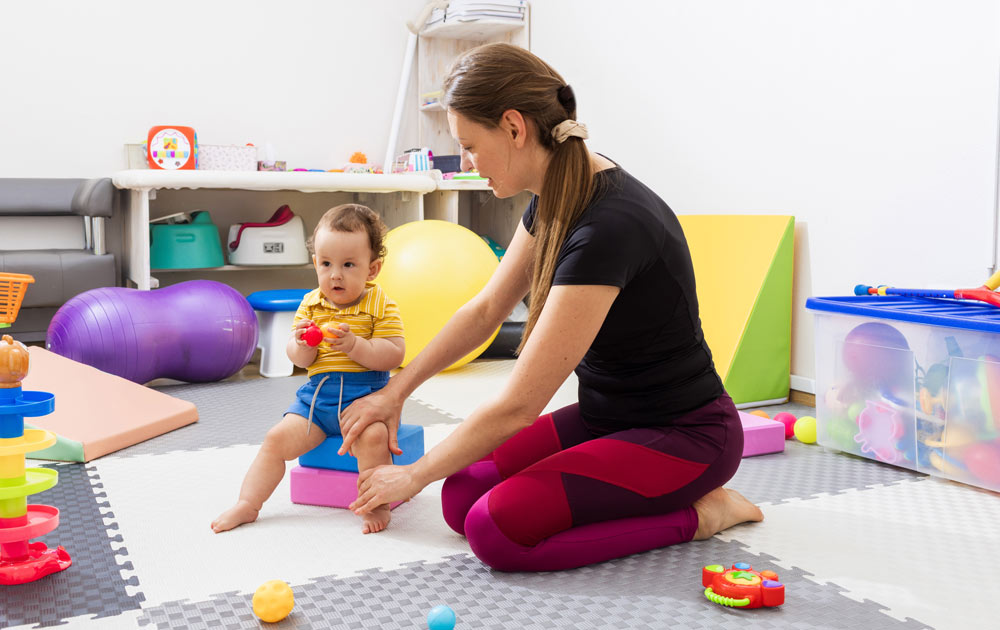Early Intervention Services

Overview
DDRC’s Early Intervention program offers support and services to children with developmental delays or disabilities—from birth up to their third birthday—and their families. Through DDRC’s Early Intervention program, families receive guidance and strategies to enhance their child’s development within everyday routines and activities. This no-cost program ensures that children from birth to age three receive the right interventions early, maximizing their potential for growth. DDRCs EI services include coaching and support to give parents the information and skills needed to turn everyday interactions and activities into opportunities to help children learn and grow. With a team of experienced professionals, DDRC offers comprehensive evaluations, service coordination, and specialized therapies tailored to each child’s needs. Our parent-coaching model empowers families with the tools and resources necessary to foster their child’s development. Whether in person, virtually, or through hybrid models, DDRC ensures accessible, high-quality EI services for every family.
DDRC Making a Difference
85
Evaluations completeD Every Month

Early Intervention Evaluations
DDRC conducts 80-100 evaluations each month, with close to 90% of children qualifying for ongoing EI services. Our Intake Service Coordinators process up to 200 referrals monthly, scheduling evaluations to determine eligibility or referring families for ongoing services based off an established condition. Evaluations are conducted onsite at our Walters or Admin locations. Once eligibility is determined, families receive guidance on accessing the appropriate services to support their child’s development.

Service Coordination
Each child enrolled in DDRC’s EI program is assigned a dedicated service coordinator to guide families through the process. Service Coordinators work with families and the entire care team to develop an Individualized Family Service Plan that aligns with the family’s priorities and connects them with the right support. They also coordinate therapies, provide referrals to additional resources, and ensure seamless transitions as the child progresses.

Early Intervention Therapies
DDRC offers a range of specialized therapies to address developmental challenges and help children reach their full potential. Our services include Physical Therapy to improve mobility and strength, Occupational Therapy to enhance fine motor and daily living skills, and Speech-Language Pathology to support communication development. Additionally, Social-Emotional and Developmental Intervention Therapies help children build relationships and regulate emotions. These therapies are provided in the child’s natural environment through a parent-coaching model, ensuring meaningful, everyday learning opportunities.